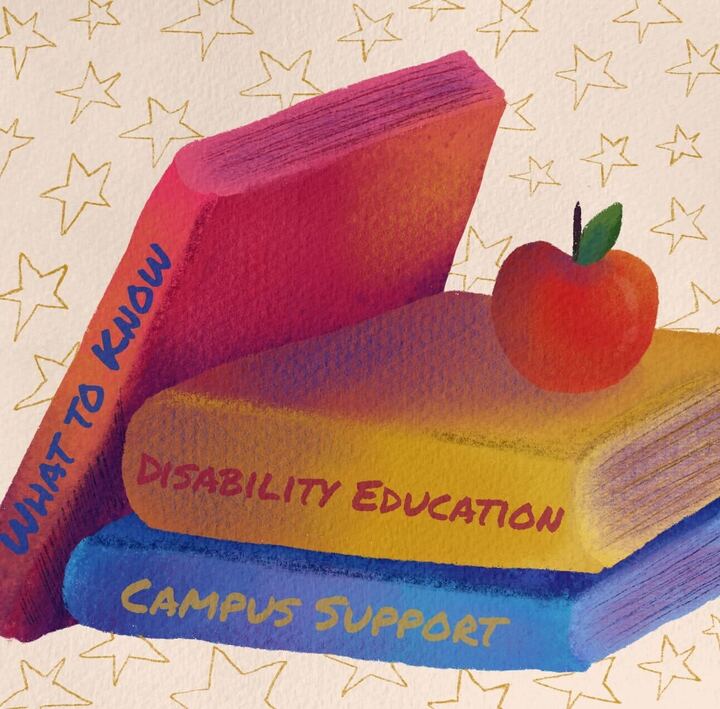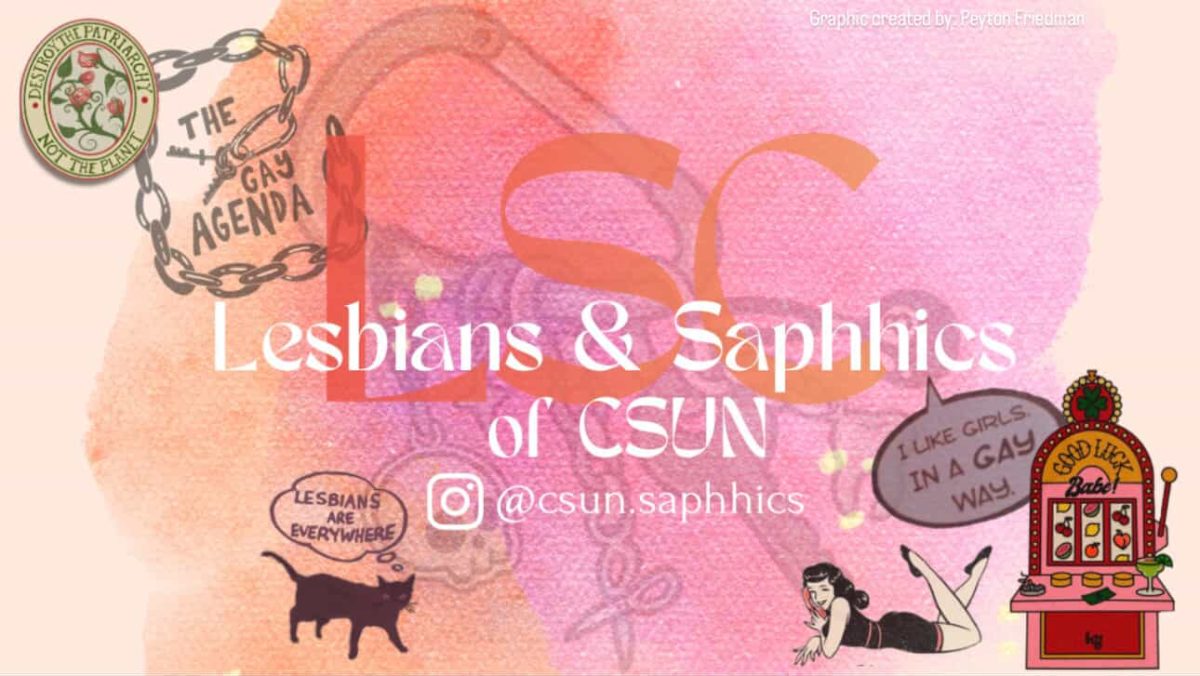When I told my professor that I had not yet been able to inform the disability office of my deafness and get official accommodations through the school, his response was, “But you don’t need interpreters or anything like that, right? You seem like you can hear me fine right now.”
California State University, Northridge (CSUN) has long prided itself on its diversity and inclusivity of all students, so why do so many of its faculty and staff members still lack knowledge on supporting disabled students?
Unfortunately, awkward interactions are a common experience for students with disabilities, whether it be in classroom settings, school clubs or accessing student services.
If CSUN truly wants to be an inclusive and diverse campus, then we should encourage our disabled students to continue their education at our school by ensuring that our educators and staff are trained properly through disability education courses and are capable of accommodating and supporting our disabled students.
Most people do not understand why my professor’s question was inappropriate, and why “seeming to hear fine” is not a compliment. It can be exhausting having to rely on my hearing aids all the time, and even with listening devices I still need interpreters.
Had my professor instead said something along the lines of, “Do you need other accommodations? Let me know how I can help you,” then our interaction would have been far less uncomfortable, and I would have felt more secure in his abilities to help my educational needs. However, I do not blame him. Most people do not know how to work with students like me or students with any disabilities for that matter.
According to author Christa Biakla in an article from HigherEdJobs, students with disabilities in higher education are more likely to drop out, and only 34% complete a four-year program.
When CSUN is struggling to fund resources and technology that support our disabled students, and our faculty and staff are not trained to accommodate a variety of needs, students may begin to feel frustrated. To prevent our students with disabilities from dropping out, CSUN should ask: How can we offer the right support?
We can start by training our faculty and staff now to provide our students with the best quality of education that is fit for them. In mainstream settings, students with disabilities need to feel comfortable and included.
The Special Education Support Center (SESC) website states that inclusive education is a basic right and adds, “Inclusive education requires a multifaceted approach which addresses institutional practices, universal design for learning and cultural competency.”
The website lists training courses such as Accommodations and Modifications: Strategies for the Classroom Teacher, and also lists the specific courses offered that address disabilities such as Blindness, Deafness, orthopedic, traumatic brain injuries, emotional, learning and other disabilities.
It is important to note that the majority of college students with disabilities do not report their disability. The National Center for Education Statistics (NCES) reports that only 37% of students with disabilities inform their school, and thereby more than half of disabled students never receive the support they need.
Disability education and preparation programs can help our faculty and staff learn and use strategies for incorporating universal design principles into courses and campus activities, benefitting not only students with disabilities but all learners.
Ensuring that CSUN faculty and staff are appropriately equipped to serve our students with disabilities is not an impossible task. Adapting to the needs of our students is the key principle to providing quality education and promising inclusion and diversity.












